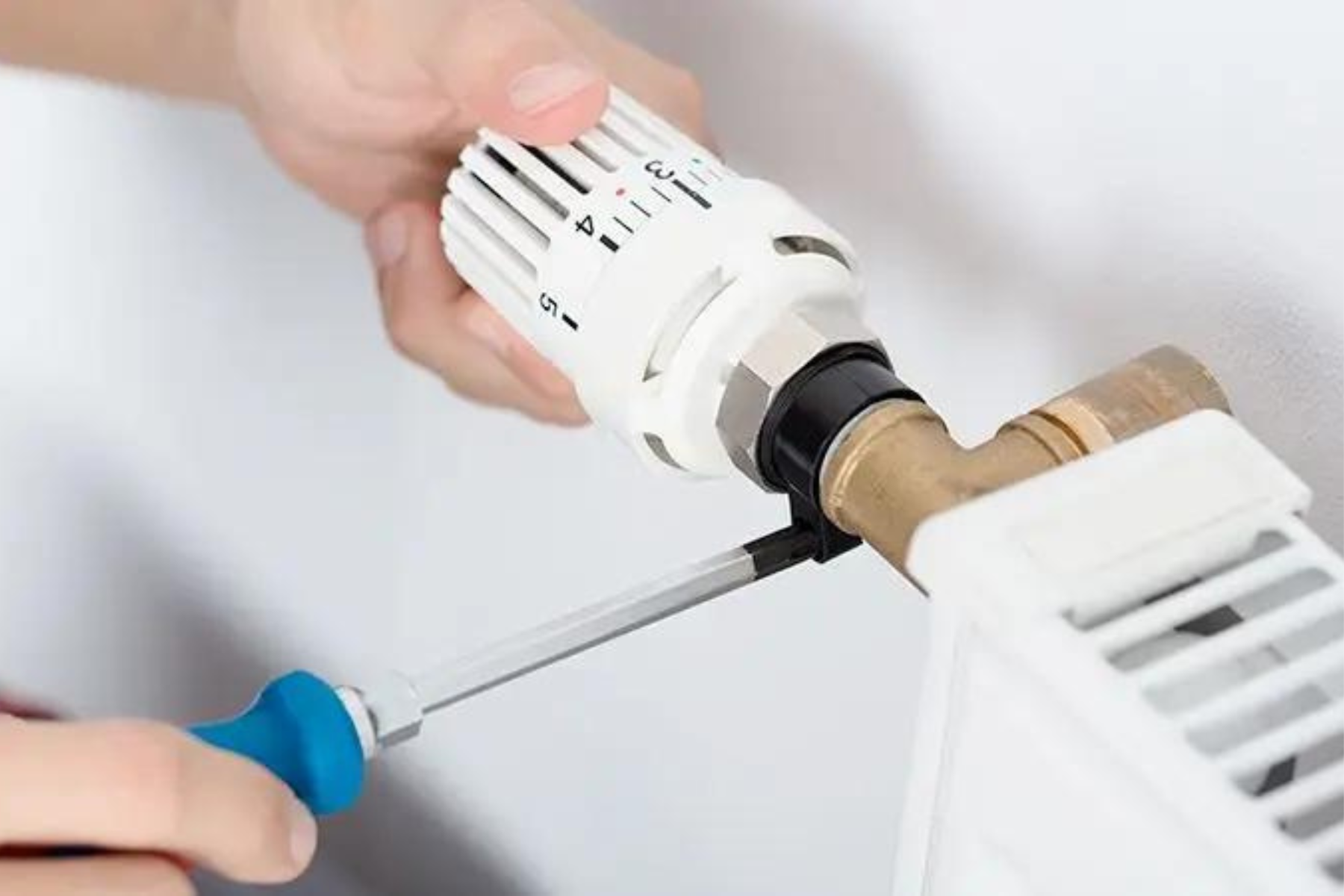Radiators have become one of the key components of home heating. They are a must these days for almost every household.
Although radiators keep our living spaces warm and comfortable, one common issue that many homeowners face is air inside radiators.
In such a situation, understanding how air finds its way into radiators becomes crucial in maintaining the optimal performance of these devices.
In this comprehensive guide, we'll explore the numerous reasons behind the presence of air in radiators. We will also answer FAQs related to this issue.
So, How Does Air Enter Into Radiators? The Reasons
Air entering into radiators is a result of the natural movement of water within the radiator. Air might also find its way into the heating system through other channels over time. This leads to the accumulation of air pockets in the radiators.
The primary causes might include:
- Installation/Maintenance: During the initial installation of a radiator or subsequent maintenance procedures, air can enter into the system. The reason could be due to incomplete bleeding of the radiators or the introduction of air during repairs or adjustments.
- System Leaks: Leaks in radiators can also let air enter into the system. The vacuum pulls air into the system to fill the void left by the water.
- Refilling/Bleeding: Air can also enter during the refilling of the radiators after repairs or maintenance. This happens if the process is not carried out correctly. Therefore, proper bleeding and venting procedures are essential to prevent air from entering the system.
- Corrosion/Oxidation: Over time, radiator components might experience corrosion. This can create air pockets and compromise the efficiency of the system. Accumulation of sludge within the system can also create air pockets. This also hinders the proper circulation of water and reduces the efficiency of the radiators.

How to Remove Air in Radiators
Air in radiators can be a common reason behind reduced heating efficiency and uneven heat distribution in your home
Fortunately, addressing this issue is a straightforward task. You can solve it with a few simple steps.
Bleeding Radiators: A Simple Solution
- First, the basics: Before you start, turn off your heating system. Allow it to cool down. This is important to ensure your safety during the process.
- Have the tools ready: To bleed the radiators, you'll need a radiator valve key and some tissue or cloth.
- Find the Valve: Identify the valve on your radiator. There should be an opening at one end. This is often referred to as the bleed valve. This is where you will insert the radiator valve key.
- Use the valve key: Carefully insert the radiator valve key into the valve opening. Hold the key securely to ensure a firm grip during the process.
- Release the air: Turn the key slightly in an anti-clockwise direction. You'll hear a hissing sound as the trapped air starts to escape. It's not necessary to fully open the valve; a small turn is sufficient.
- Look for the water: As air comes out, there might be some water expelled as well. Have the cloth ready to catch any water. This will prevent mess and ensure a clean process.
- Tighten the Valve: Once the trapped air is released, turn the radiator valve key in a clockwise direction.
Regular maintenance, proper bleeding procedures, and addressing leaks promptly can help prevent and resolve issues related to air in radiators. We hope this guide will help your home remain warm and comfortable during the colder months.
FAQs
What Causes Air In Radiators?
Common causes include insufficient bleeding, leaks in the system, and corrosion, which lead to the introduction of air into the radiators.
Why Do My Radiators Keep Filling With Air?
Persistent issues with air in radiators may indicate ongoing problems such as leaks or insufficient bleeding during maintenance.
Does Air In Radiators Cause Low Pressure?
Yes, air in radiators can contribute to low pressure within the heating system, affecting its overall efficiency.
Can Air In Radiators Cause Boiler Pressure To Drop?
Yes, air in radiators can contribute to a drop in boiler pressure, affecting the overall performance of the heating system.






















